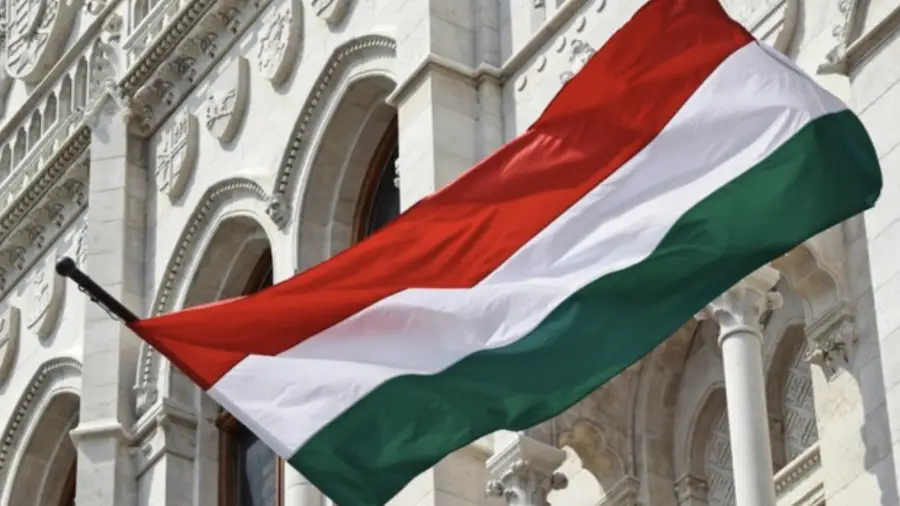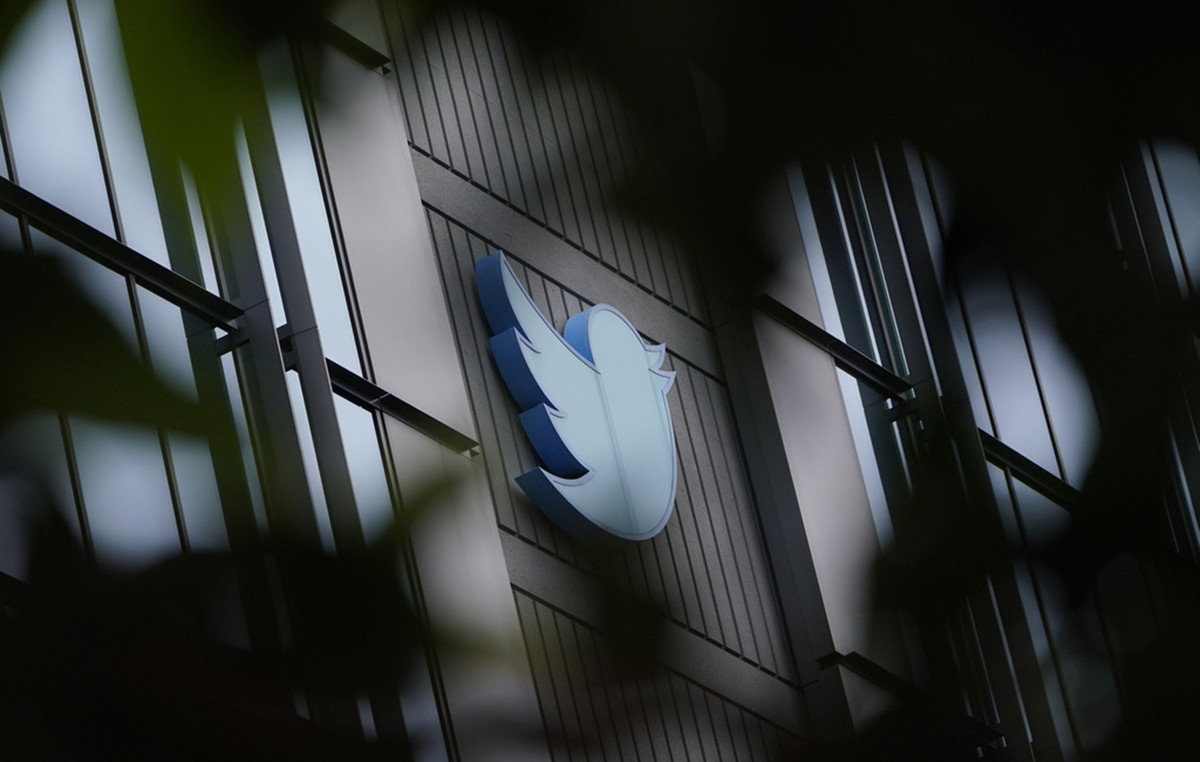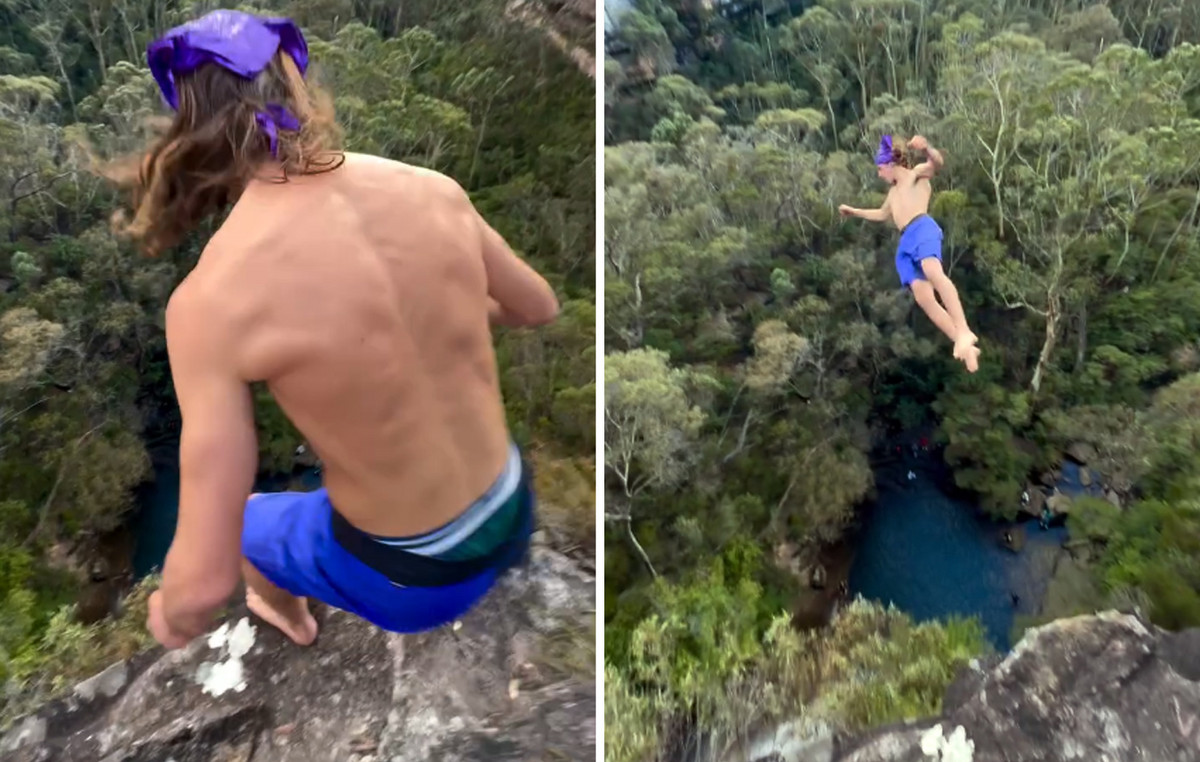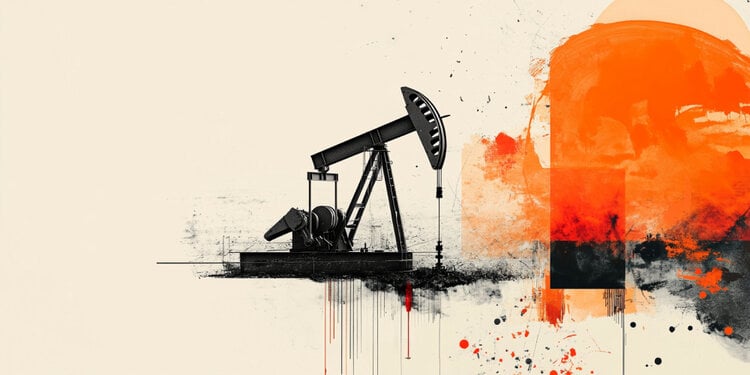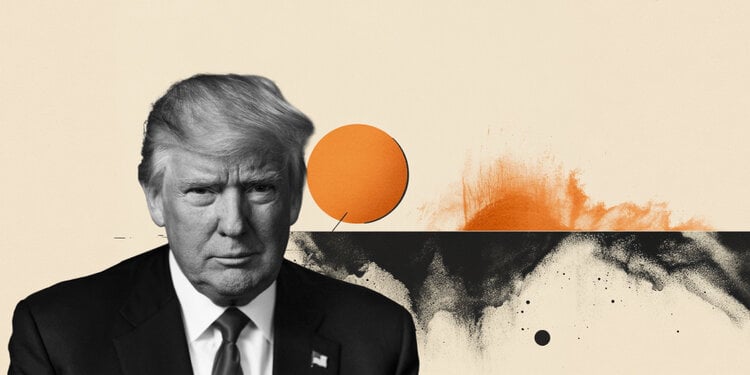A new round of negotiations between the government and the Venezuelan opposition begins this weekend in Mexico. The aim is to reach a “partial agreement on social issues”. This time there will be two additional ingredients. Camila Fabri, the Colombian wife of businessman Alex Saab, will be in the official delegation. In addition, the presence of the United States will be in the background.
See what is known about this new round of negotiations between the Venezuelan government and the opposition.
A new chapter opens
The Venezuelan government and opposition will sit down at the table to restart negotiations to find a solution to the country’s chronic economic and political crisis, after months of discreet talks behind closed doors.
In two communiqués published this Thursday (24), government and opposition delegations announced that they will travel to Mexico City this Saturday (26) to sign a joint agreement to increase international aid to Venezuela.
The agreement was negotiated by the Kingdom of Norway with the support of the Mexican Ministry of Foreign Affairs and the US State Department, and follows a previous session of negotiations that lasted from 2019 to 2021.
The announcement came after months of arduous rapprochement between the two parties and intense diplomatic pressure from the international community.
Norway will be the mediating country in these negotiations, while Mexico will be the host. Meanwhile, the president of Colombia, Gustavo Petro, closely followed the negotiations. He announced the resumption of dialogue even before the official news was released.
We announce that the Government of the Bolivarian Republic of Venezuela and the United Platform of Venezuela have decided to resume the process of dialogue and negotiation in Mexico on November 26, facilitated by Norway. There the parties subscribed to a partial agreement in social matters
— Norway in MX and CA (@NoruegaMexCA) November 24, 2022
Petro arrived in Mexico on Thursday and is due to meet his Mexican counterpart, Andrés Manuel López Obrador.
The president of Mexico, Andrés Manuel López Obrador, said in a press conference that his country “will always help to seek peace, to avoid confrontation (…) dialogues, which we hope will yield good results,” reported Reuters.
What does the opposition say?
The United Platform, the group that represents the opposition in Venezuela for this dialogue, issued a statement confirming its participation in the new round of negotiations to be held in Mexico and which will be mediated by the international community.
“We ratify, on behalf of the Unitary Platform, the will to work together, in order to reach agreements that allow the materialization of the mechanisms that guarantee the well-being of all Venezuelans”, says the opposition statement.
Opposition leader Juan Guaidó said that “the solutions that Venezuela needs are urgent and no interest should arise before the emergency”. Guaidó also called for a “comprehensive agreement”.
The role of the United States in the dialogues
The United States will have a direct role in these dialogues due to the points put on the table, such as suspending the sanctions imposed by the country on Venezuela since 2017.
US Assistant Secretary for the Western Hemisphere Brian Nichols said on Twitter that he hoped delegates from both sides would “work to alleviate the humanitarian challenges” faced by Venezuelans and hold “free and fair elections”.
Over the summer, the United States pardoned two Maduro relatives convicted of drug trafficking in exchange for the release of eight American citizens and permanent residents detained in Venezuela as a show of support for the talks.
The United States is also preparing an extended license for the operations of the oil company Chevron in Venezuela in the event of a meeting between the Venezuelan government and the opposition, they told the CNN three sources with knowledge of the negotiations.
Chevron, the biggest oil company in the United States, is expected to get approval from Washington to expand its operations in Venezuela as early as Saturday. The approval would allow it to produce and export crude oil, according to a Reuters report.
How is the situation in Venezuela at the moment?

Venezuela has suffered a deep economic decline since 2014 due to chronic mismanagement and the collapse in the price of oil, the country’s main export.
In 2019, the crisis escalated into an all-out institutional conflict with two leaders claiming the country’s presidency, strongman Maduro and opposition leader Juan Guaidó.
While Guaidó’s presidency has been recognized by more than 50 countries around the world, including the United States, Maduro has maintained control over the country’s institutions and armed forces.
A recovery in oil prices, liberalization reforms and an informal dollarization of Venezuela’s economy have eased the economic crisis in recent months, yet more than 80% of Venezuelans still live below the poverty line, according to an independent survey by the University of Catholic Andrés Bello in Caracas.
Analysts say the country’s economy has been suffering since 2014, when sanctions did not yet exist. The arrival of hyperinflation at the end of 2017 and the deepening of the economic crisis led around seven million Venezuelans to migrate to other countries, Reuters reported.
Since the end of last year, the economy has recovered after the government relaxed controls on the economy in 2019 and allowed transactions in foreign currency, giving oxygen to several sectors, added Reuters.
*With information from Karina Piarisi of CNN in Español, Stefano Pozzebon of CNN in Bogotá and Reuters.
Source: CNN Brasil
Bruce Belcher is a seasoned author with over 5 years of experience in world news. He writes for online news websites and provides in-depth analysis on the world stock market. Bruce is known for his insightful perspectives and commitment to keeping the public informed.

